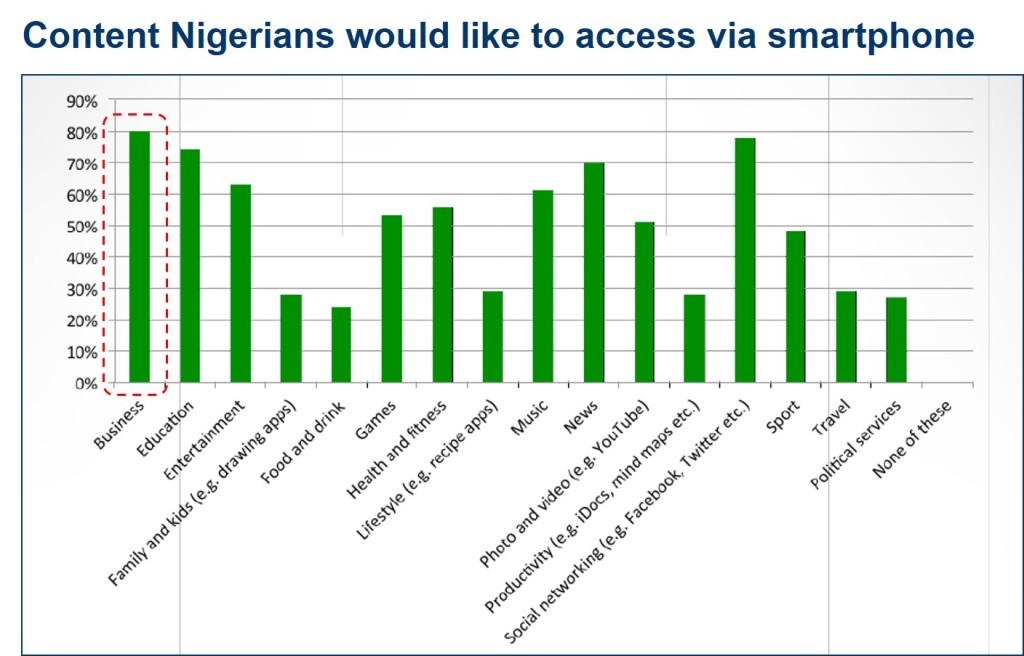Nigeria recently announced a statistical revision that at a stroke nearly doubled the size of the country’s economy. The International Monetary Fund, after careful review, endorsed the revised estimate as accurate.
That said, there was some statistical trickery involved. Nigeria had failed to update the base year for its GDP estimates since 1990, which had the effect of making entire sectors of the Nigerian economy disappear from official statistics. This may have been an oversight, but probably wasn’t. For countries soliciting foreign aid, appearing to be very poor is useful.
By contrast, for countries soliciting foreign investment, appearing to be rich is useful. And indeed, shortly after the revision, Nigeria raised $1 billion in a sovereign bond issuance, despite a Standard & Poor’s rating downgrade. Indeed, the bond issue was oversubscribed, as investors rushed into what is now (following the revision) Africa’s largest economy.
The understatement of Nigerian wealth is one reason that the big international telecoms companies decided not to bid when Nigerian mobile phone licenses were put up for auction in 2001. As a happy result, Africa has some thriving mobile telecoms companies and entrepreneurs, notably South Africa’s MTN and the Sudanese telecoms billionaire Mo Ibrahim.
Actually, the understatement of Nigerian wealth is only part of the reason for this strategic miscalculation. What international telecommunications companies also did not understand is just how badly Nigerians wanted mobile phones.
Consider the following graph, taken from the Upstream/YouGov 2013 Emerging Market Mobile Attitudes Report:
Strikingly, an overwhelming majority of Nigerian respondents envisioned using smartphones for activities beyond talking and texting. Even more strikingly, the top choice of content that Nigerian users wanted to access was business content (80 percent), followed by social networking, and then education content (74 percent).
You can imagine what an equivalent survey for Europe or North America looks like. According to one recent U.S. Census Bureau survey for U.S. smartphone users, the top content accessed is social media (51 percent), followed by weather (47 percent), watching videos (31 percent), and then news, sports, and entertainment. “Business information” comes last, at 10 percent – nearly an inversion of the Nigerian statistics.
There is a good reason for this. While Nigeria may be richer than it appeared, the performance of the Nigerian government is still just as bad. A few months prior to upgrading its economic size, the Nigerian government announced that it had somehow misplaced $20 billion (an announcement that actually represented significant progress, as prior to that moment, stolen government funds typically went unreported).
Even today, less than half of Nigerians have access to electricity; only a bit more than half have access to an “improved” safe water source; and less than half of school-aged Nigerians enrol in secondary school. The Nigerian government does not provide a functioning telephone network (only one in 500 Nigerians has a fixed line telephone), nor foster a functioning banking sector (bank credit is equivalent to 1/5 of Nigerian GDP, compared with one half of Brazil’s or Russia’s), nor of course provide its citizens with access to broadband Internet (only one in 1,000 Nigerians has access, compared to one in 100 Indians and one in 10 Chinese).
For citizens whose governments cannot be bothered to provide them with a functioning telephone network, technology has fostered an economic a great leap forward. Mobile phones have provided Internet access to a continent that previously found it nearly impossible even to gain a phone line, reliable electricity or access to business travel (given the abysmal state of roads and rail).
The spread of such technologies, together with a booming Chinese investment and resource demand, has driven economic growth in sub-Saharan Africa above 5 percent for nearly a decade. The obstacles put in place by bad government have been overcome suddenly, by solar generators and smartphones.
Indeed, the Nigerian government was probably surprised to find just how much larger the country’s economy had become. In 1990, the previous GDP base year, Nigeria’s service sector was all but nonexistent. Upon revising the figures, it turned out that services had grown by some 240 percent. Many of these new services are enabled by technology, such as the famous M-Pesa mobile payments service (which has been such a success in Africa it is now being introduced in Eastern Europe).
Last year, emerging markets accounted for between 70 and 80 percent of growth in worldwide sales of smartphones. Not simply mobile phones (where emerging markets have long been dominant) but smartphones with Internet access. The iPhone (and its cheap Chinese knockoffs), which we tend to think of as cutting-edge even in the US and Europe, is increasingly a developing-world phenomenon – and innovations such as M-Pesa are being pioneered there.
While most Europeans look at business content on their laptops or tablets via broadband Internet connections, for Nigerians, a smartphone is the only option, in light of their government’s ongoing failure to provide basic services. Because of this, Nigerians are willing to pay a much higher share of their income for technology that Western consumers. A smart phone is not a source of entertainment, it is a business investment. Technology is a bad governance solution, and people are willing to pay for it.
Still, it is too bad there is no way for Nigerians simply to pay for better government.

